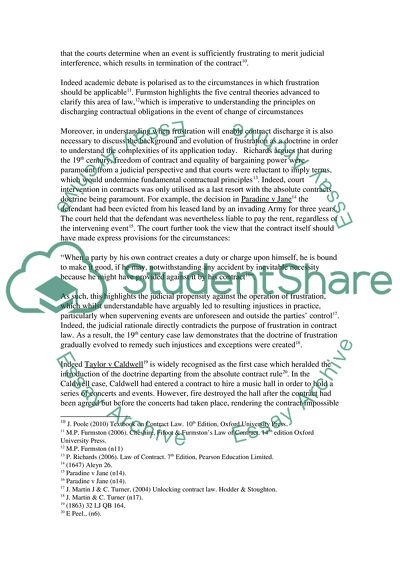Cite this document
(The Law of Contract Essay Example | Topics and Well Written Essays - 3250 words - 10, n.d.)
The Law of Contract Essay Example | Topics and Well Written Essays - 3250 words - 10. https://studentshare.org/law/1745834-law
The Law of Contract Essay Example | Topics and Well Written Essays - 3250 words - 10. https://studentshare.org/law/1745834-law
(The Law of Contract Essay Example | Topics and Well Written Essays - 3250 Words - 10)
The Law of Contract Essay Example | Topics and Well Written Essays - 3250 Words - 10. https://studentshare.org/law/1745834-law.
The Law of Contract Essay Example | Topics and Well Written Essays - 3250 Words - 10. https://studentshare.org/law/1745834-law.
“The Law of Contract Essay Example | Topics and Well Written Essays - 3250 Words - 10”. https://studentshare.org/law/1745834-law.


